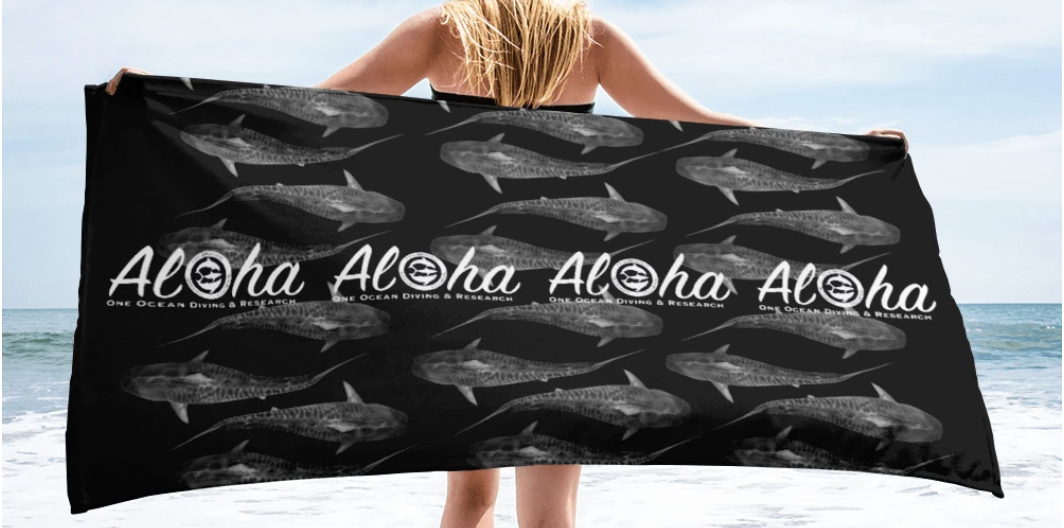Humpback Whale Program
SEASONAL
January 1st- April 30th
Come aboard and join us to learn about our annual whale migration and the rest of the beautiful cetaceans (whales, dolphins, porpoises) around the north shore of Oahu! Your trip will be led by a naturalist/marine biologist and you can take part in gathering data that will aide in whale conservation and research! Come on board one of our vessels to stay on board and look for whales or opt to go in the water with sharks!
While operating our ecotour our two primary research focuses are (1) using our hyrdrophone to record and track the whale song of the males migrating through the area, and (2) photo ID of all cetaceans we come across. This data will then be accessible to our partners in other organizations and aide in their research to better understand these whales, their migration, and how we can help protect them for future generations of both humans and whales alike!
What to expect:
You'll board the research vessel "Pono Kai" and meet your captain and naturalist/marine biologist. We will head out of the harbor to look for whales for the next two hours. We highly encourage you to bring your camera to help contribute to the field ID photos. All photos taken by our team will be made available to you at no additional charge! At some point during the program your naturalist/biologist will guide you into the water for a fun snorkel with sharks! Again all masks, snorkels, fins, and rash guards are provided but feel free to bring your own. Don't forget to pack a towel and snacks!
Can I go swimming with the whales?
Under the MMPA we cannot actively put people in the water with whales however the whales do sometimes swim by us while in the water with sharks. NOAA is thankfully protecting humpback whales, not only because they are marine mammals and fall under the Marine Mammal Protection Act, but also because they are an endangered species. There are strict laws that forbid any chasing or swimming with whales in most parts of the world and only a couple of places internationally that legally allow it under strict regulations. As much as we would all love to be able to swim with the whales it is actually a very good thing they are protected as this species is still recovering from dropping to just 10% percent of their previous population until given protection status. Since then (the 1960s) their numbers have climbed back up to about 30% but they still have a long way to go.



